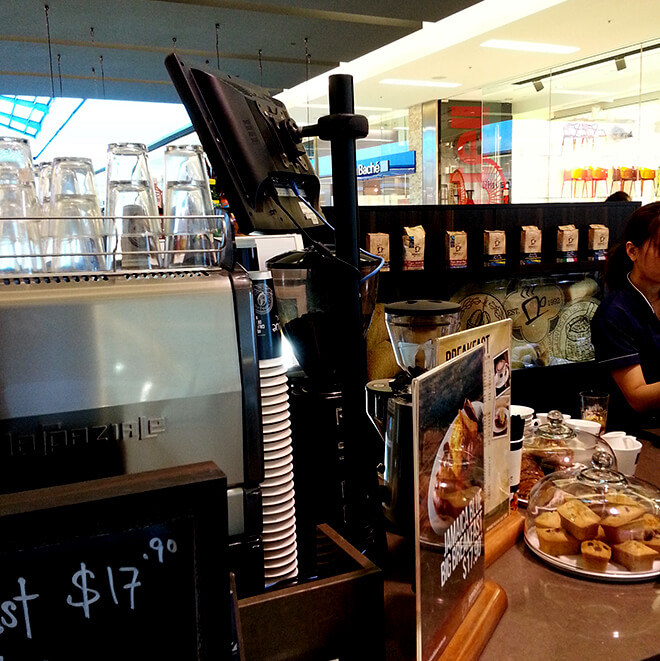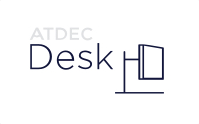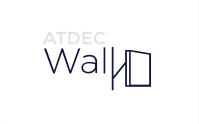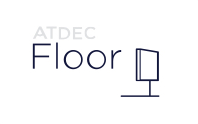Checklist: Setting Up Your Bricks and Mortar POS
Use this handy checklist as a guide:
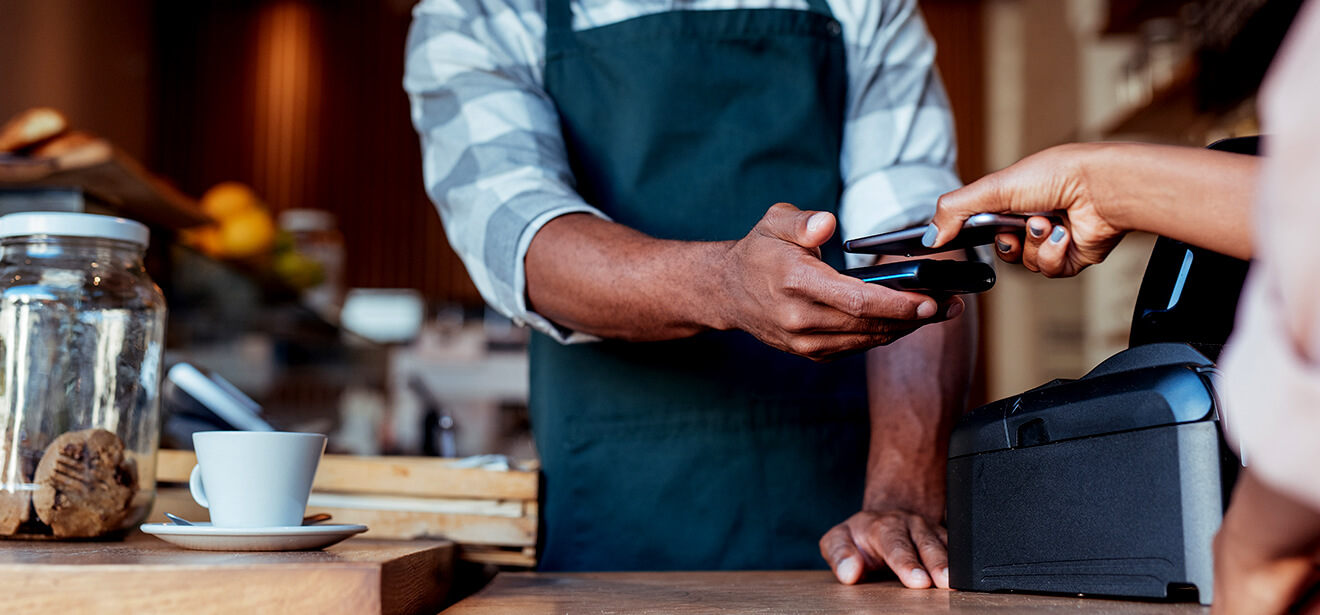
 POS Hardware
POS Hardware
First and foremost, the modern POS should accommodate the different payment methods used by customers, from cash to cards to mobile. The software will likely run on a number of different devices including barcode scanners, register screens, keyboards, and payment terminals; transactions may involve a cash drawer, receipt printers, and signature pads.
 Building Materials
Building Materials
Consider what hardware will fill the POS space before you select building materials and configure layouts, as certain counter thicknesses or desktops (e.g. deep granite) won’t accommodate the bolting down of a POS range. Other factors, such as the overall real estate of the POS area, the size of the register screen(s), the use of wall or ceiling technology mounts, whether or not employees will be sitting or standing, and even the mobility of the POS area itself, will impact the selection of stationary vs. flexible seating and storage areas.
 PCI DSS Compliance
PCI DSS Compliance
Merchants who accept debit or credit cards are required to achieve PCI compliance to help fight payment card data fraud (find details at PCIComplianceGuide.org and PCISecurityStandards.org). Part of this effort is to provide a secure environment that restricts access to POS hardware/software and any physical assets (e.g. paper forms and receipts) containing sensitive information. Ensure customers and employees have enough counter and peripheral space to conduct payment transactions comfortably.
 Space Savings
Space Savings
To maximise efficiency and ensure a friction-free experience for customers and employees, strategically arrange hardware and devices, and maintain a clean, uncluttered POS workspace. For instance, consider creating vertically stacked or back-to-back display configurations or replacing space-stealing base-plates with arm- or wall-based mounting solutions.
 Cord Management
Cord Management
Keeping floor, counter, and ordering space around the POS free from hazardous tangles of cables is a must for safety. It also makes a better impression on customers. Find solutions that help organise cords—preferably out of sight—and minimise the risk of disconnection.
 Ergonomics
Ergonomics
Comfort is key for employees using the POS space, whether they’re using touchscreens at stand-alone self-service kiosks or traditional cash register and card-swipe checkout counters. People (and POS hardware) come in different shapes and sizes, and it’s important that every user’s needs are accommodated for health, security, comfort, and a satisfying experience.
 Technology Mounting Solutions
Technology Mounting Solutions
Modern POS technology mounts help fill all the checkboxes on this checklist: Integrated POS mounts provide adjustable support for touch screen monitors, receipt printers, bar code scanners, keyboards, and credit card terminals; and public-facing point of service mounts provide adjustable, interchangeable, and single or multi-screen support for all kinds of desk monitors.
- Modular solutions are ideal for customisations and changing tech
- Configurable mounts bring merchants one step closer to physical security and compliance with PCI requirements
- Articulated arms accommodate any POS display, helping to make the most of the space
- Innovative hardware design includes space to hide cables and cords
- Adjustable mounts enable individualised screen placement for the comfort of each user.
